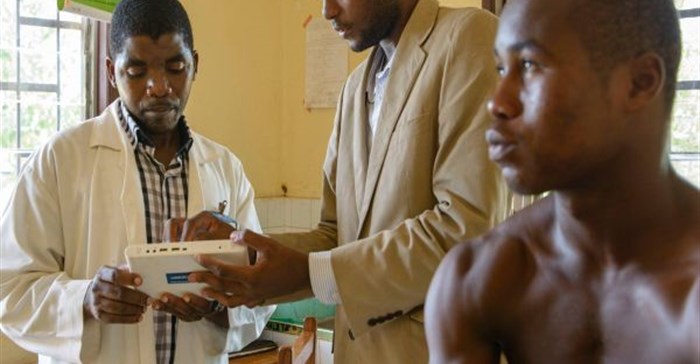Africa: the tech continent

Investment jargon defines a “unicorn” as a private start-up valued at $1-billion (about R15-billion) or more. Across the globe, according to venture capital database CB Insights, there are just 164 of these. When French insurance group Axa paid €75-million (about R1.3-billion) for an 8% stake in the African Internet Group, Africa gained its first unicorn.
The Nigerian company was founded in 2012 and owns several Africa-based tech start-ups, including online retailer Jumia; mobile taxi app Easy Taxi; and delivery app Hello Food.
Jumia alone operates in 11 African markets and saw a 265% increase in sales in 2015.
Africa is the new Silicon Valley as mobile technology allows tech savvy Africans to, in some instances, leapfrog western developers. African tech companies are changing the way Africans deal with money, helping farmers sell their goods and improve access to healthcare.
Is Africa's future online?
Here is a short list of the more innovative companies operating in Africa today. They have all identified a challenge and developed an African solution.
UjiziKilimo is a Kenya-based company’s analytical system that helps farmers to measure soil characteristics on site. The rugged sensor collects data on soil quality and sends the information back to a central database for analysis. Farmers are then contacted by text message with results and information on the best crops to sow, market value of each crop, tools that would be needed and local suppliers.
The guys at Standard Microgrid developed a self-contained power grid driven by renewable energy sources that allows rural areas to light up their community. A local leader manages the connection to the low-maintenance and robust system, which is also designed to automatically balance supply and demand. This makes for a more reliable system that wastes less electricity.
In a country with a population of 22-million and just 50 cardiologists, Arthur Zang's Cardio Pad is saving lives in Cameroon. The tablet is designed to work like an ECG. Electrodes are placed on the patient and connected to a tablet computer. The examination, often performed by a nurse, is monitored remotely by a doctor who interprets the information.
Bozza was among the first tech companies crowdfunded by Emerging Crowd, a European company that matches investors with opportunities in emerging markets. Bozza is a digital marketplace for African musicians and film producers. Digital distribution allows pan-African artists to connect to their fans using their phones. It also offers artists other services as well, and is able to connect artists to people who offer services in marketing, production and mixing and mastering.
Bandeka is the invite-only social platform for Africa. Like Facebook, it is used as a social and networking tool for educated Africans across the continent. Its founders, Ghanaian Yaw Boateng and Nigerian Tunde Kehinde, are Harvard Business School alumni who believe their platform will help build connections across the continent.
Watch a short documentary on technology changing the way Africa works:
Founded in 2011, Hummba helps to personalise your travel and gives travellers an opportunity to share their experiences digitally. The social and travel website allows users to download audio travel guides and share experiences directly from their phones. The dependence on user experience means, as the service becomes more popular, guides will be available for more than the 100 destinations being shared currently.
Safe Motos, is a taxi-hailing service much like Uber, for Rwanda’s most popular form of transport, the motorcycle taxi. Designed to make the roads safer – these taxis are responsible for 80% of Kigali's road accidents, according to Safe Motos – the app tracks the behaviour of drivers who have signed up.
Safer drivers are rewarded with more trips, and income, while bad drivers are allowed fewer trips. Its founders, Rwandan Peter Kariuki and Canadian Barrett Nash, were both involved in the same accident that spurred the development of the app. The partners have plans to expand into Uganda and Cameroon.
Source: Media Club SA.
Source: MediaClubSouthAfrica.com
MediaClubSouthAfrica.com is hosted by the International Marketing Council of South Africa (IMC), the custodian of Brand South Africa. The site is a free service for all media professionals - journalists, editors, writers, designers, picture editors and more - as well as for non-profit organisations and private individuals. Its specific focus is on South Africa and Africa.
Go to: http://www.mediaclubsouthafrica.com/





















